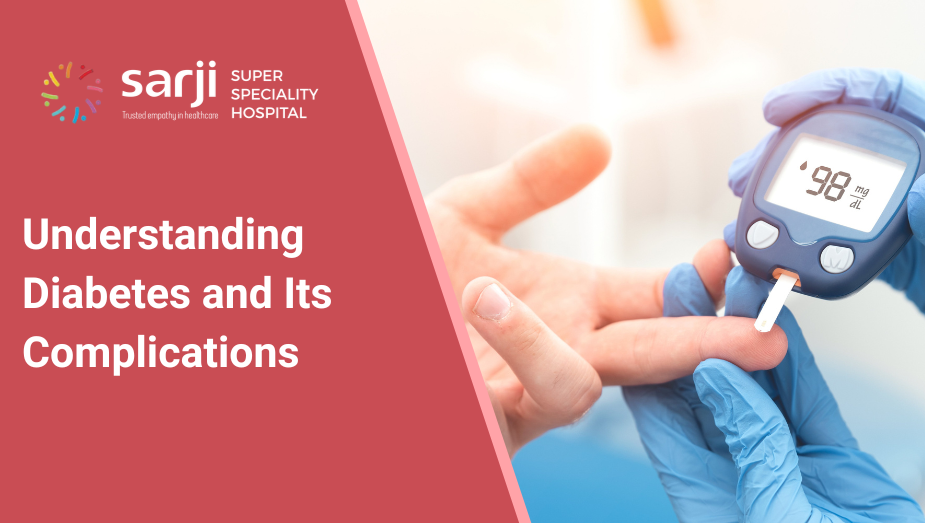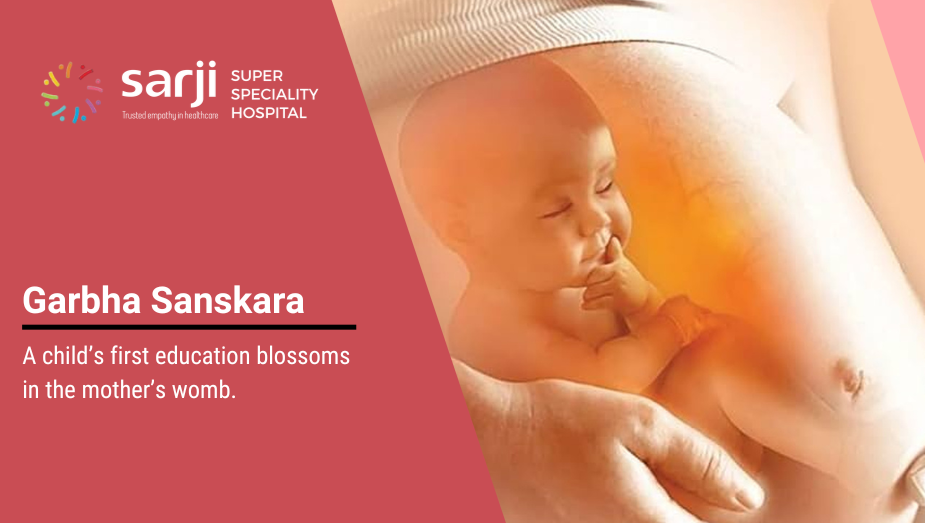Colonoscopy is a procedure used to examine the colon and rectum with a slim, flexible, lighted tube called a colonoscope. Colonoscopy provides your doctor a clear and magnified view of the inside of the colon from the anus to the area near the appendix.
Why is it done?
Colonoscopy can help doctors diagnose the reasons for:
- Unexplained changes in bowel habits
- Abdominal pain
- Bleeding from the anus
- Unexplained weight loss
Colonoscopy is performed to detect inflamed tissue, ulcers, and any abnormal growth. This procedure helps your doctor to detect early signs of colorectal cancer. Your doctor can also take samples of abnormal tissues during colonoscopy for biopsy. Your doctor can also remove polyps and take biopsies using tiny tools passed through the scope.
Colonoscopy can be used to:
- Remove polyps (polypectomy)
- Dilate narrowed segments (stricture dilation) of large intestine and place metallic stents across them (colonic stenting)
- Banding for hemorrhoids (piles banding)
What happens during the procedure?
You will be given a sedative, which will help relax you. You will lie down on a table on your side with your knees bent and drawn up to your stomach. This position makes it easier for the doctor to pass the colonoscope into your anus and rectum and up into your colon.
Your doctor can view the images of the colon on a screen. As the scope is passed through your colon, air is pumped into the colon so that your doctor can have a better view of the lining of the colon. This air may make you feel bloated and give you cramps. The colonoscope consists of a tiny camera to enable your doctor to study the images. During this procedure, your doctor can take tissue samples for biopsy or remove polyps or other abnormal tissue.
How long will it take?
Colonoscopy usually takes 30 to 60 minutes.
What happens after the procedure?
It is normal to have intestinal gas and mild cramps for a few hours after the exam. You should be accompanied by someone to take you home. If polyp is removed, your doctor will advise you a temporary special diet. Be sure to drink lots of fluids after the test. You may notice a small amount of blood in your stools for a short time; if it increases inform your doctor immediately.
How do I prepare for a Colonoscopy?
- Your doctor will discuss about the procedure and the instructions to be followed before the procedure.
- Your doctor will give you instructions on how to clear bowel contents from the colon.
- You will probably be asked to eat no solid food for 24 to 48 hours before the exam.
- You should have only clear liquids 12 to 24 hours before your exam.
- Inform your doctor if, you are taking any pain reliever or blood thinner or any other medications (like for blood pressure, diabetes, heart disease etc.) and if you have any allergies.
What are the benefits?
This procedure helps to diagnose problems in the colon. For some problems, such as cancer, treatment is more effective when the problem is detected early.
What are the risks?
Some pain or swelling in your lower abdomen, if air was pumped into your intestine during the procedure.
Damage to the colon (perforation) from the colonoscope and possible infection, which may then require surgery for repair and bleeding inside the colon in very rare instances.
Doctors

Dr. Thimmaraj Nayaka N.S.
Consultant Surgical Gastroenterologist & Laparoscopic Surgeon
Experience: 15+ Years
View







